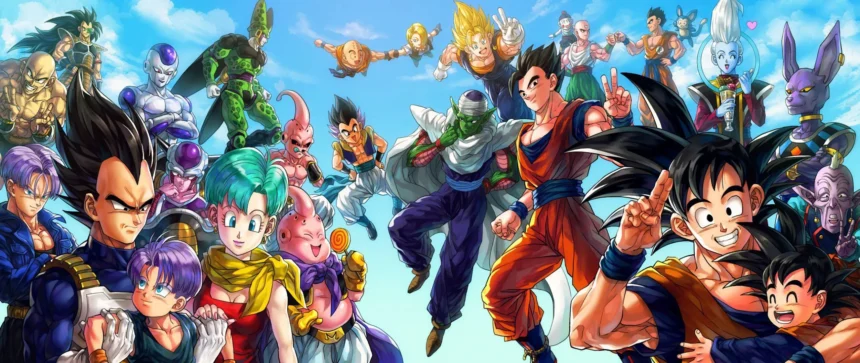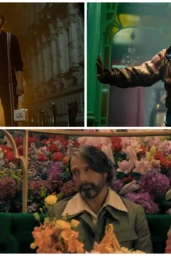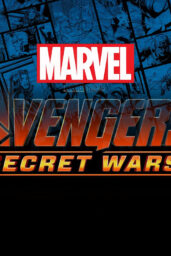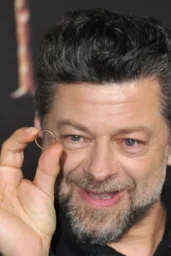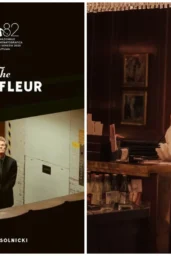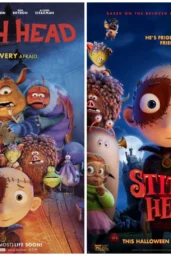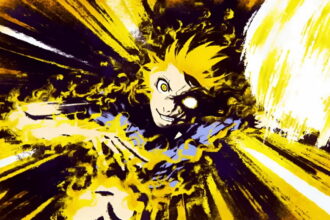Texas' new Senate Bill 20, aimed at AI-generated obscenity, has comic shops pulling classics like Dragon Ball Z off shelves—sparking debates on where cultural humor ends and legal risk begins.
I remember sneaking peeks at Dragon Ball Z volumes in the back of a dusty comic shop as a kid, those wild fights and cheeky gags lighting up my imagination. Fast-forward to now, and here's Texas throwing a curveball that could ground one of sci-fi's most enduring sagas. Senate Bill 20—SB20 for short—kicked in on September 1, 2025, after Governor Greg Abbott signed it back in June. It's all about clamping down on AI-spawned nastiness, specifically obscene visuals of kids under 18, even if they're cartoons or animations. But the language? Broad as a blockbuster set. It covers anything “patently offensive” without “serious literary, artistic, political, or scientific value.” And yeah, that vagueness has folks in the comic world sweating.
Take Andrew Balderas over at Kaboom Comics in Weslaco. He's not waiting for the hammer to drop—he's already yanked some Dragon Ball Z books from the racks. Why? Those rare, goofy scenes where Goku's a kid, butt-naked for laughs, not leers. Intended as harmless humor in the original manga, sure, but under SB20's gaze, who knows? Balderas told Valley Central he's playing it safe, researching franchises to dodge any felony vibes. It's that caution—prudent, paranoid, pick your poison—that highlights how laws like this ripple into pop culture's underbelly.
Dragon Ball, born from Akira Toriyama's madcap mind in the '80s, isn't just manga; it's a gateway drug to anime films, epic battles on screen that shaped comic-book cinema. Think about it—the series' live-action flop in 2009, or the animated flicks like “Super: Broly” that hit theaters with fanfare. But now, in Texas, it's teetering on obscenity? Gorgeous chaos of energy blasts and transformations… grating fears of overreach. Gorgeous again when you recall the cultural export from Japan, blending martial arts myth with sci-fi flair. Yet here's the rub: what one community calls comedic, another labels crude. And in a state where festivals like Fantastic Fest celebrate the weird and wild—horror, sci-fi, the lot—this feels like a gut punch to creative freedom.
Behind the scenes, it's not hard to imagine the scramble. Retailers poring over pages, debating intent—someone probably whispered that those early volumes were toned down in U.S. editions anyway, but caution wins. Human reactions run the gamut: fans online buzzing with outrage, some chuckling at the absurdity, others apathetic till it hits their shelves. Me? I'm conflicted. Love the intent to shield kids from AI horrors, hate how it snags innocent art in the net. Contradictions abound—protect expression, but at what cost?
Anyway… circling back, SB20 passed the House in May 2025 with a unanimous 139-0 vote, no small feat in polarized times. It's tied to organized crime penalties for repeats, escalating the stakes. But for comic shops, it's less about gangs, more about guesswork. Will prosecutors chase Goku? Probably not, but self-censorship's already here, chilling the vibe.
The Law's Intent vs. Reality SB20 targets AI child exploitation head-on, but its cartoon-inclusive wording has unintended side effects, forcing retailers into defensive mode.
Dragon Ball Z's Specific Snag Those playful, rare nude kid scenes—meant for laughs in Toriyama's world—are now red flags, prompting Kaboom Comics to pull volumes preemptively.
Retailers' Cautious Dance Andrew Balderas isn't alone; shop owners statewide are researching stock, balancing compliance with customer love for anime classics.
Cultural Ripple Effects From manga to movies, Dragon Ball's sci-fi legacy faces scrutiny, echoing broader debates on obscenity in imported pop culture.
The Human Factor Fans feel the sting—outrage mixed with eye-rolls—while creators' humorous intents get lost in legal fog.
What say you? Dive into those old volumes, or weigh in below—has censorship gone too far, or just far enough? Let's chat.

